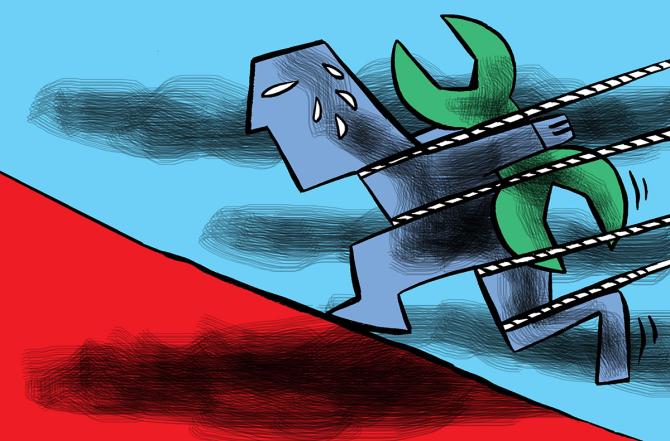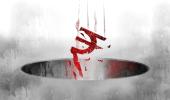A long and bitter funding winter in the start-up world is beginning to take its toll on start-up advertising across properties. Earlier this week, Mastercard replaced Paytm as the title sponsor for all international and domestic cricket matches organised by the Board of Control for Cricket in India (BCCI).

But this is just one part of the story.
The other side is that organisers of high-impact shows and events on Hindi general entertainment channels, too, are feeling the winter chill.
The 14th edition of the game show Kaun Banega Crorepati (KBC) is scheduled for launch on August 7 on Sony Entertainment Television.
Educational technology (edtech) major Byju’s, which appeared prominently on screen last year during the show, will make way for Quick Heal, a cybersecurity solutions provider, media industry officials involved with buying time on the property said.
Some of the other sponsors of KBC this season include Hyundai Motor Company, Asian Paints, and UltraTech Cement, all traditional advertisers who have returned to back the property, said media planners.
But the missing link this year are start-ups that have clearly taken a backseat on the advertising front, conversations with multiple planners and buyers across agencies reveal.
This comes as investors push for return on investment and profitability, compelling start-ups to trim advertising budgets for now.
“There is definitely a slowdown in advertising by the start-up ecosystem.
"All of them from edtech and financial technology to cryptocurrencies and payment wallets are cutting back on spending.
"This is playing out across genres, including sports and general entertainment,” said Vikram Sakhuja, group chief executive officer, Madison Media and OOH (out-of-home).
Start-ups and internet companies, for the uninitiated, contributed to 13 per cent of advertising expenditure (adex) in India in 2021, according to media industry estimates, from 9 per cent the previous year.
This is now likely to taper to levels of about 7-8 per cent, as the funding tap increasingly gets dry, experts tracking the market said.
For instance, Unacademy and Upstox, who were official sponsors of the Indian Premier League for three years, will not continue as partners after their contracts end in 2023, executives at BCCI said.
Byju’s has denied recent reports of payment dues to BCCI in a LinkedIn post, saying the company and the cricketing body had agreed to an extension of Team India jersey sponsorship in March, although documentation work for it has been pending.
“Edtech, payment gateways, and cryptocurrencies have been the hardest hit by the funding winter, as well as the general feeling of gloom among investors in the wake of global recessionary fears.
"But I remain hopeful about the larger e-commerce companies, such as Flipkart and Amazon, because brand-building for them will continue to be important as more people look to migrate online, especially in smaller towns and cities.
"Even mobile gaming firms could continue spending, although the proportion of advertising could be lower this year versus last year,” says Unny Radhakrishnan, chief executive officer, Digitas India, which is part of the Publicis network of advertising agencies.
The cutback in spending by start-ups poses a challenge, says Karan Taurani, senior vice-president, research, Elara Capital, for all those who depend on advertising revenue, including entertainment, sports, movie, and lifestyle channels, as well as digital platforms.
“I see a negative impact of at least 3-4 per cent on advertising on traditional and digital media because of a scale-back in advertising by start-ups.
"The internet and start-up ecosystem in general fuelled the overall advertising growth for television and digital media in India over the past few years because of private equity and venture capital funds that were backing these firms. This will take a hit,” says Taurani.
While media agencies GroupM, Zenith, and Dentsu have forecast double-digit advertising growth for India in the range of 16-22 per cent in their mid-year advertising forecasts for 2022, this will be led by traditional categories such as fast-moving consumer goods (FMCG), automotive (auto), banking and financial services, and retail.
The country’s largest advertiser, Hindustan Unilever, said, when announcing its first-quarter results last week, it would step up advertising spends amid declining volumes and inflationary pressures in FMCG.
Auto companies, on the other hand, have reported strong growth in the past few months, led by a favourable base, as well as a decrease in chip shortage woes. Banking and financial services, and retail intend to keep voice high as life returns to normalcy in a post-Covid world.












 © 2025
© 2025